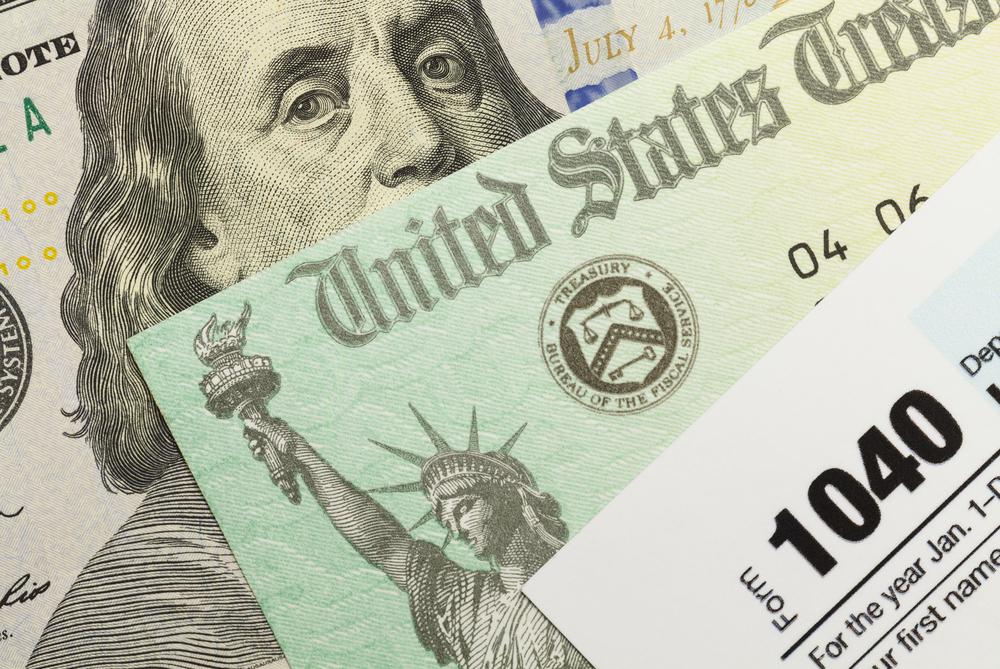There are times when taxpayers may disagree with a decision reached by the IRS. In most situations, the matter can be settled within the system. However, when the parties cannot come to an agreement, the taxpayer may choose to file with the U.S. Tax Court to appeal the decision reached by the IRS. Here’s what you need to know:
What Kinds of Decisions Can Be Appealed?
Taxpayers can appeal decisions made by the IRS such as an audit, a re-assessment of taxes owed, estate tax, gift tax, etc. Certain kinds of appeals may involve a formal written protest as part of the Appeals process. These formal appeals may include decisions involving corporations, partnerships, exempt organizations, and cases that involve levies, liens and seizures.
It’s important to note that only U.S. citizens can be heard in Tax Court.
When Do You Not Qualify to Appeal?
Some types of tax controversies, such as those involving employment tax issues or manufacturers’ excise taxes, cannot be heard by the Tax Court. Always seek advice from a professional tax law specialist to ensure you qualify for the Appeals process.
Appeals IRS decisions must be filed within the allotted time—typically, 90 days from the day the IRS decision was mailed. If, however, the decision was mailed to an address outside of the U.S., taxpayers are typically allotted 150 days to file an appeal.
What Does the Appeal Process Look Like?
The process usually starts with the filing of the Petition, which lets the Tax Court and the IRS know that the IRS decision is being appealed. The IRS must then file an answer to the Petition. Whether a Small Tax Case or a Formal Written Protest is being filed determines how formal the process will be—see below for more information.
If a conference is requested, the examiner will send a request letter to the appeals officer to arrange for a conference at a convenient time and place. The taxpayer and/or her qualified representative should be prepared to discuss all disputed issues at the conference. Most differences are settled at this level of the Appeals Process. If the differences are not settled, then the case would proceed to trial.
In Tax Court, you may either represent yourself, or you can be represented by a attorney who is legally qualified to practice before the IRS. You must file a power of attorney form (Form 2848) with the IRS in order for your attorney to receive the confidential information related to your case.
What Is the Difference Between Small Case Request or a Formal Written Protest?
Small Tax Cases involve cases where the amount in dispute does not exceed $25,000 for any tax period. Small Tax Cases are handled under simpler and less formal procedures than regular cases. However, the Tax Court’s decision in a Small Tax Case cannot be appealed to a Court of Appeals by the IRS or by the taxpayer(s).
Most Small Tax Cases are settled by mutual agreement without trial. However, if a trial is conducted, in due course a report is ordinarily issued by the presiding judge setting forth findings of fact and opinion. The case is then closed in accordance with the judge’s opinion by entry of a decision.
A Formal Written Protest must occur if the amount in dispute exceeds $25,000 for any tax period. The decision reached by the Tax Court can be appealed.
What Can You Expect from Appeals?
For the Appeals process, you can expect the same as you would from any case—it may go your way and it may not, but the process will take time (usually several months). Please be aware that taxpayers can be fined up to $25,000 if the Tax Court finds your appeal to be frivolous.
What Else Do I Need to Know?
Should you win your case in U.S. Tax Court, you may have the opportunity to recover a reasonable amount of administrative and court costs. This includes attorney fees of up to $125 per hour. If you think you would like to have yourself represented in the appeal process, should it go to Tax Court, consult an attorney specializing in tax law. Contact us today.

Ted is an Attorney & Counselor at Law, and Board Certified Tax Law Specialist. His primary areas of practice are Tax Law & Estate Planning and is located in Lafayette, LA

